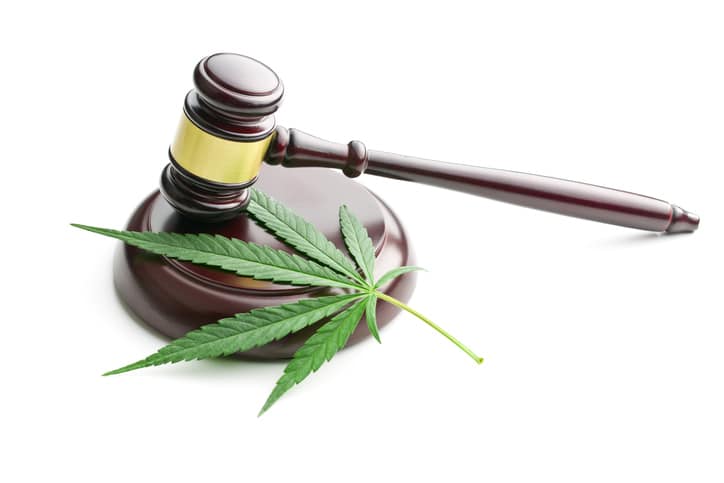The legalization of cannabis has been a controversial topic in the United States for decades. With the increasing number of states legalizing cannabis for both medical and recreational use, it is important to consider the potential impact of this policy shift on public health.
The most obvious impact of cannabis legalization is an increase in access to the drug. This may lead to an increase in cannabis use, particularly among adolescents and young adults, who are more likely to experiment with the drug. This could have a number of negative health consequences, including an increased risk of mental health disorders, addiction, and motor vehicle accidents.
In addition, the legalization of cannabis could lead to an increase in the potency of the drug, as producers strive to create more powerful products to meet the demands of the market. This could lead to an increase in the risk of adverse health effects associated with the use of cannabis, such as anxiety, psychosis, and cognitive impairment.
Finally, the legalization of cannabis could lead to an increase in the amount of cannabis-related crime. This could include illegal sales of the drug, as well as other activities such as cultivation, trafficking, and possession. This could have a negative impact on public safety, as well as a financial burden on law enforcement and the criminal justice system.
Overall, the legalization of cannabis has the potential to have a significant impact on public health. It is important to consider the potential risks and benefits of this policy shift before implementing it in any state or jurisdiction.
Share:


